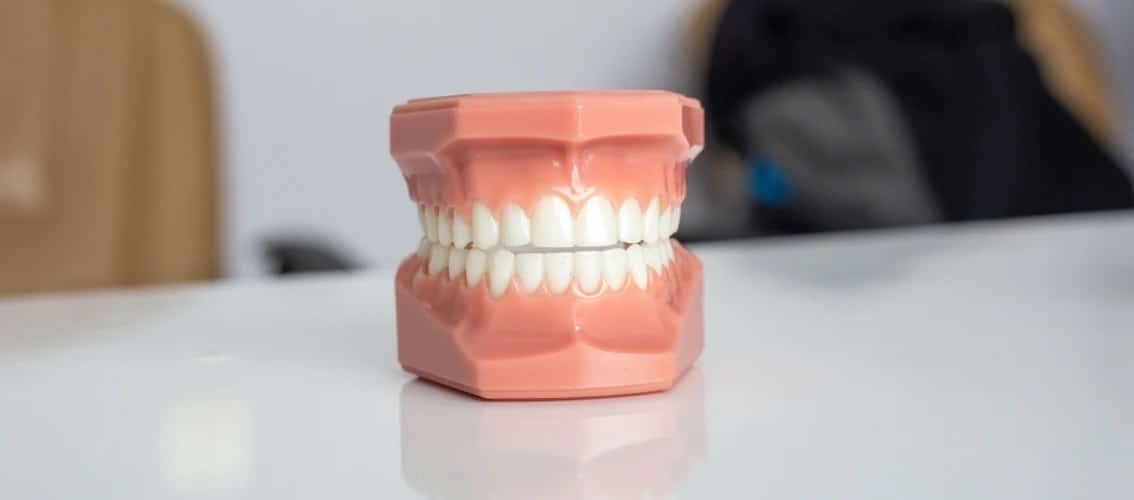Getting a home loan can be challenging, especially for dentists who have recently graduated with debt and are just starting out. A dentist mortgage loan falls under the category of a medical professional mortgage, or physician mortgage. Understanding how dentist mortgages work and choosing the right lending partner can make a big difference. This guide to key considerations—like interest rates and eligibility requirements—will help you feel more confident in your home financing options. Let’s take a closer look at dentist mortgages to see how they differ from regular loans. This information will empower you to make informed choices for your future.
What is a Dentist Mortgage Loan?
A dentist mortgage is made just for dentists. It has special features like higher borrowing limits and flexible terms. These loans help dental professionals with their unique money situations. This makes it easier for them to buy a home.
Definition and Key Features
Dentist mortgage loans are special home loans made just for dentists. They have benefits that fit their unique financial circumstances. These loans often come with great terms, such as low or no down payment, better interest rates, and no private mortgage insurance requirement. Some important features of these loans include flexible rules for approval, support for those with high student loan debt, and a look at future earnings.
How Dentist Mortgages Differ from Conventional Loans
Dentist loans are different from conventional loans. They provide special benefits for dentists, including potential interest rate discounts. These loans usually allow for lower down payments and may also not require private mortgage insurance. Dentist loans look at the specific financial situations of dental professionals. This includes high student debt and good income potential after graduation. Lenders know the dental field well. This helps make the application process easier for dentists who want to become homeowners.
Want to see which lenders in your state offer a physician mortgage? Click here!
Who is Eligible for a Dentist Home Loan?
Dentists who have a license, like general dentists, orthodontists, oral surgeons, and other specialists, usually qualify for dentist loans. To qualify, they often need to meet certain requirements. These include having a steady income, a good credit score, and a manageable debt-to-income ratio.
Eligibility Criteria
To get a dentist home loan, lenders usually want to see that you have stable work. This includes practicing dentists or new dental graduates. These loans often need a minimum credit score. You will also need to show proof of income with employment contracts. Some lenders, including a loan officer, may have specific rules about your debt-to-income ratio. They look at things like student loan debt, credit history, and your overall financial health when deciding if you qualify for dentist mortgages.
Lenders Who Offer Dentist Mortgage Loans
Fifth Third, First National Bank, Fulton, and Regions are good lenders that offer home loans for dentists, including options for green card holders. These banks, as equal housing lenders, know the money challenges that medical professionals face regarding the total loan amount. They create loan programs that are made just for their needs. When you work with these lenders, they can find better interest rates, flexible payment choices, and special loan terms that help them finance their homes well. It is important to pick the right lender to get the best terms for their mortgages.
Fifth Third
Fifth Third has been working to help doctors finance their homes for a long time. The bank offers construction financing, 100% financing up to $750k and 85% financing up to $1.5MM for medical professionals with at least 1 year experience. Learn More: Fifth Third Physician Loan Review
First National Bank
First National Bank has an excellent physician mortgage program. A wide variety of designations are eligible for 100% financing up to $1MM. And, the loan is eligible for primary residences or vacation homes. Learn More: First National Bank Doctor Mortgage Review
Fulton Mortgage
Fulton Mortgage offers 100% financing up to $1MM for MD, DO, DDS, DMD, OD, DPM, DVM and PharmDs. It’s available for primary residence only and in a few select states. Learn More: Fulton Mortgage Physician Loan Review
Regions
Regions Bank offers 100% financing up to $1MM for MD, DO, DDS, and DMDs and is only available in limited states in the south. Learn More: Regions Bank Physician Loan Review.

Physician Mortgage Calculator
Total Loan Amount:
Total Monthly Payment:
The Benefits of a Dentist Mortgage Loan
For dentists dealing with student debt, these loans offer flexible terms. They help reduce financial stress and focus on the needs of medical professionals. They make it easier for them to buy a home with good terms. By removing barriers like high down payments and PMI, these options simplify the home buying process for dentists.
No or Low Down Payment Options
Dentist home loans can help professionals by offering doctor mortgage options with no or low down payment. This home mortgage option makes it easier to handle the upfront costs of buying a home compared to regular loans, because they are designed for medical workers, especially dentists. Lenders know that those in this field often deal with student loan debt. This is especially helpful for new dentists who want to start their careers without needing a lot of cash upfront.
Exemption from Private Mortgage Insurance (PMI)
If you choose a dentist mortgage, you will be happy to hear that you often do not have to pay for PMI that would otherwise appear on your credit report. This is a big benefit because PMI increases your monthly mortgage payments without giving you any real benefit. By avoiding PMI, you can save a lot of money over the life of the loan. This advantage can have a good impact on your overall finances.
Key Takeaways
Dentist mortgages are made for dental professionals who want to buy a home. These special loans come with benefits such as low down payment options and no need for private mortgage insurance. By knowing the requirements and working with trusted lenders like Fifth Third and First National Bank, dentists can make the home buying process easier. Dentist mortgages help these medical professionals own homes more easily. To get connected with lenders that provide dentist mortgages, check your rates here.

